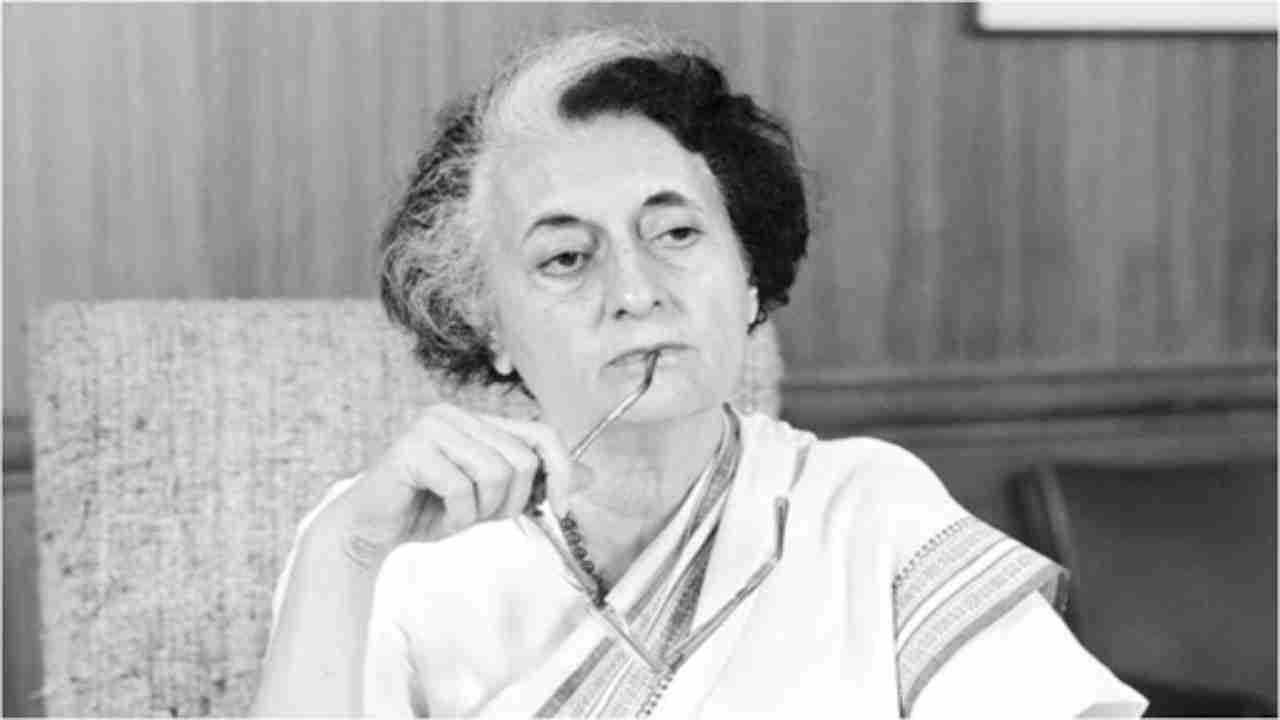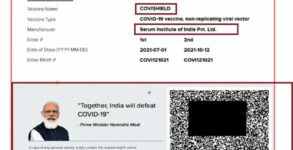Remembering Indira Gandhi on his 104th birth anniversary: The daughter of India’s first prime minister Jawaharlal Nehru and Kamala Nehru, Indira Priyadarshini Gandhi was born today, on 19 November in the year 1917 in Uttar Pradesh’s Allahabad.
Indira Gandhi served as the prime minister of the country for three terms, a period totalling almost 16 years.
In March 1942, despite the disapproval of her family, Indira married Feroze Gandhi, a Parsi lawyer (unrelated to Mahatma Gandhi), and gave birth to two sons: Rajiv and Sanjay.
Elected in power in 1966, she served as the first and only woman prime minister from January 1966 to March 1977 and again from January 1980 until her assassination in October 1984.
During her tenure as prime minister, Indira, who was known as the ‘Iron Lady of India’, took many decisions that changed the course of India’s history.
Indira, who was hailed as one of the tallest world leaders, was assassinated by her own Sikh bodyguards at her residence on Akbar Road on 31 October, 1984. This came after Operation Bluestar was executed at Amritsar’s Golden Temple, wherein Gandhi ordered the Indian Army to confront Sikh separatists who had taken shelter at the holy shrine.
Key decisions taken by the former prime minister during her tenure:
Nationalisation of banks:
On 19 July, 1969, by means of an Ordinance, the Indira-led Congress government nationalised 14 commercial banks of the country. According to reports, the 14 banks controlled 70 percent of the country’s deposits, which then directly came under the control of the central government.
Pokhran nuclear test:
She conducted India’s first nuclear test, Pokhran-I in 1974. The first test, code-named ‘Smiling Buddha’, was called a “peaceful nuclear explosion” to pacify western powers and avoid the threat of attracting sanctions from them.
The Emergency (1975-77):
The Allahabad High Court, in response to a PIL, found Indira guilty of employing a government servant for her election campaign. This act was considered as election fraud and the court banned her from contesting an election for six years and also ordered to scrap her Parliament seat. However, she refused to step down and protests against her started to begin with people demanding her resignation. But, instead of letting go of her position, Indira ordered the arrest of Opposition leaders and declared a state Emergency on 25 June, 1975 that lasted 19 months. The day is still considered to be a ‘black day’ in Indian democracy.
Population control policies:
The mass sterilisation drive of 1976 was one of the most infamous policies of the former Prime minister and her son Sanjay Gandhi who were convinced that population control was essential for India’s economic development. A year earlier, Indira had declared a national emergency in fear of losing power, having violated multiple election laws.
The aggressive campaign led to the sterilisation of 6.2 million Indian men in just a year, which was “15 times the number of people sterilised by the Nazis”.
Formation of Bangladesh after ‘Liberation War’:
In 1971, Indira backed the Bengali movement to separate East from West Pakistan. During this time India ended up providing refuge for the ten million Pakistani civilians who fled to India in order to escape the Pakistan Army and eventually offered troops and arms.
Following which, India’s victory in the war with Pakistan resulted in the formation of Bangladesh. For Indira’s tough stand during the war she was awarded Bangladesh’s highest state honour, ‘Bangladesh Swadhinata Sanmanona’.
Operation Bluestar:
Jarnail Singh Bhindranwale and his troops demanded India’s partition and the formation of a separate country called ‘Khalistan’. The Khalistani-supporters hid themselves inside the Golden Temple in Amritsar. This led to Operation Bluestar by the Indian Army on 5 June, 1984. Commandos entered the shrine and killed Bhindranwale and his troops. A few civilians were also killed in the encounter. In an act of revenge, on 31 October, 1984, two of Indira’s Sikh bodyguards shot her dead. Her assassination led to attacks on Sikhs in several parts of the country.


















